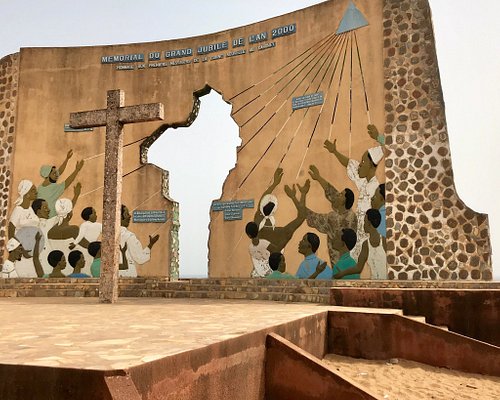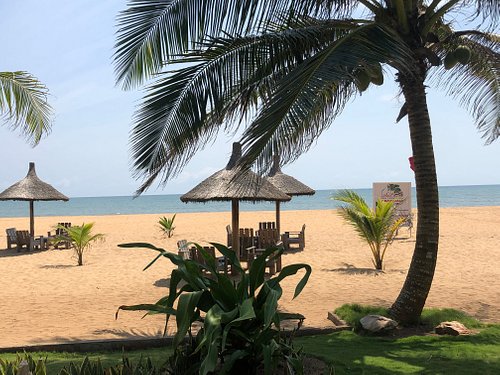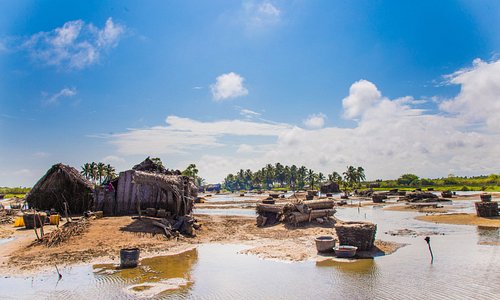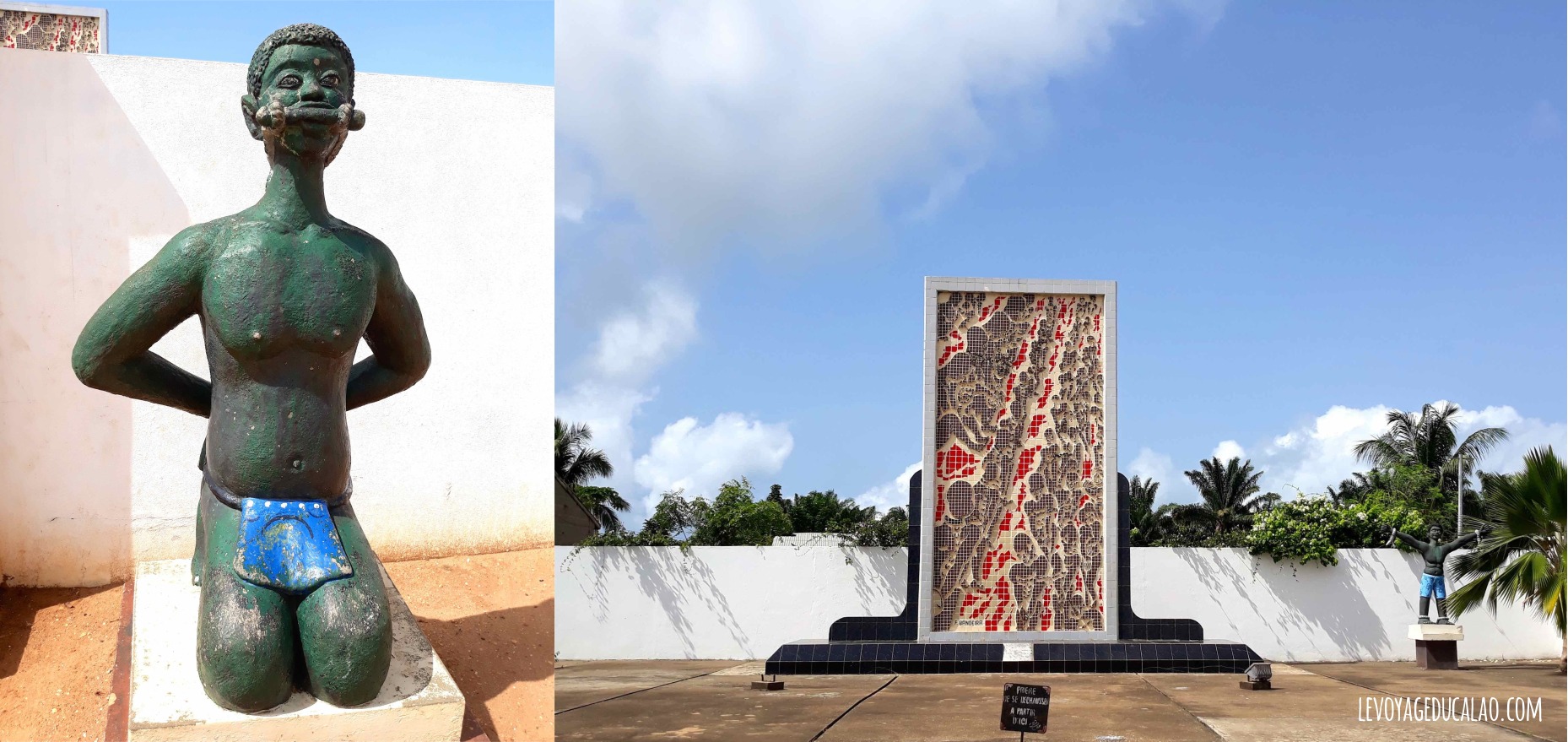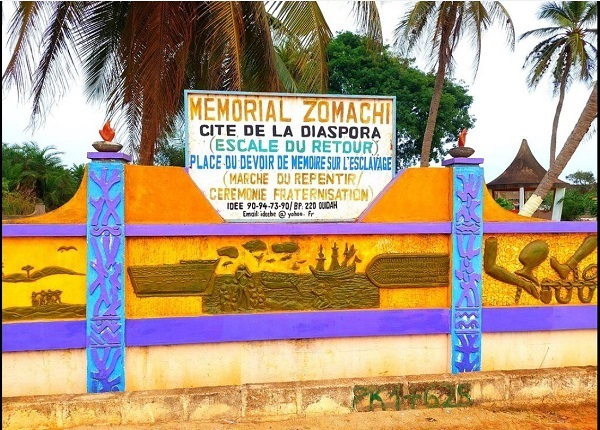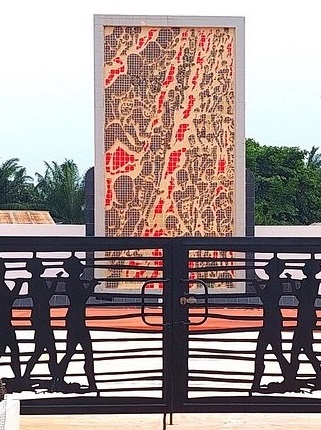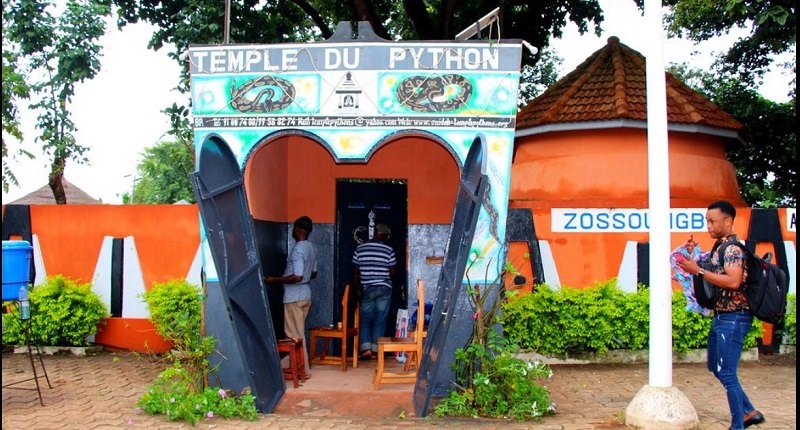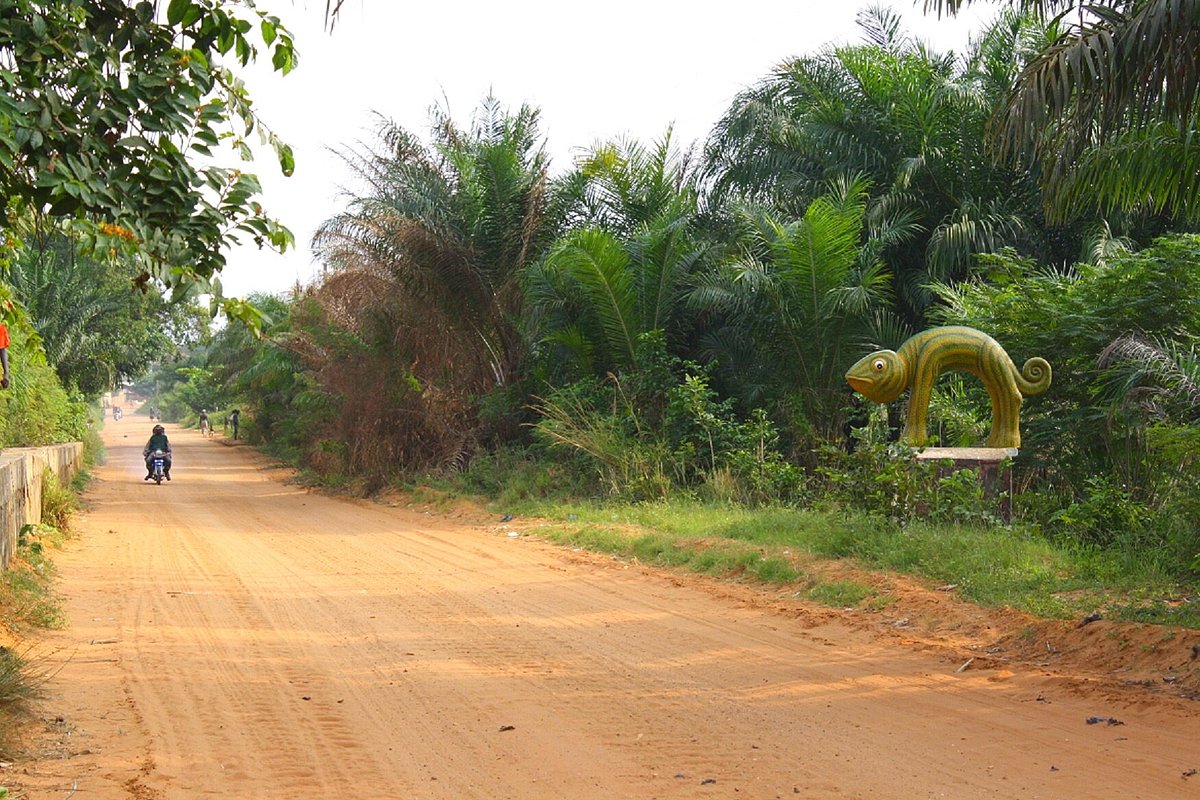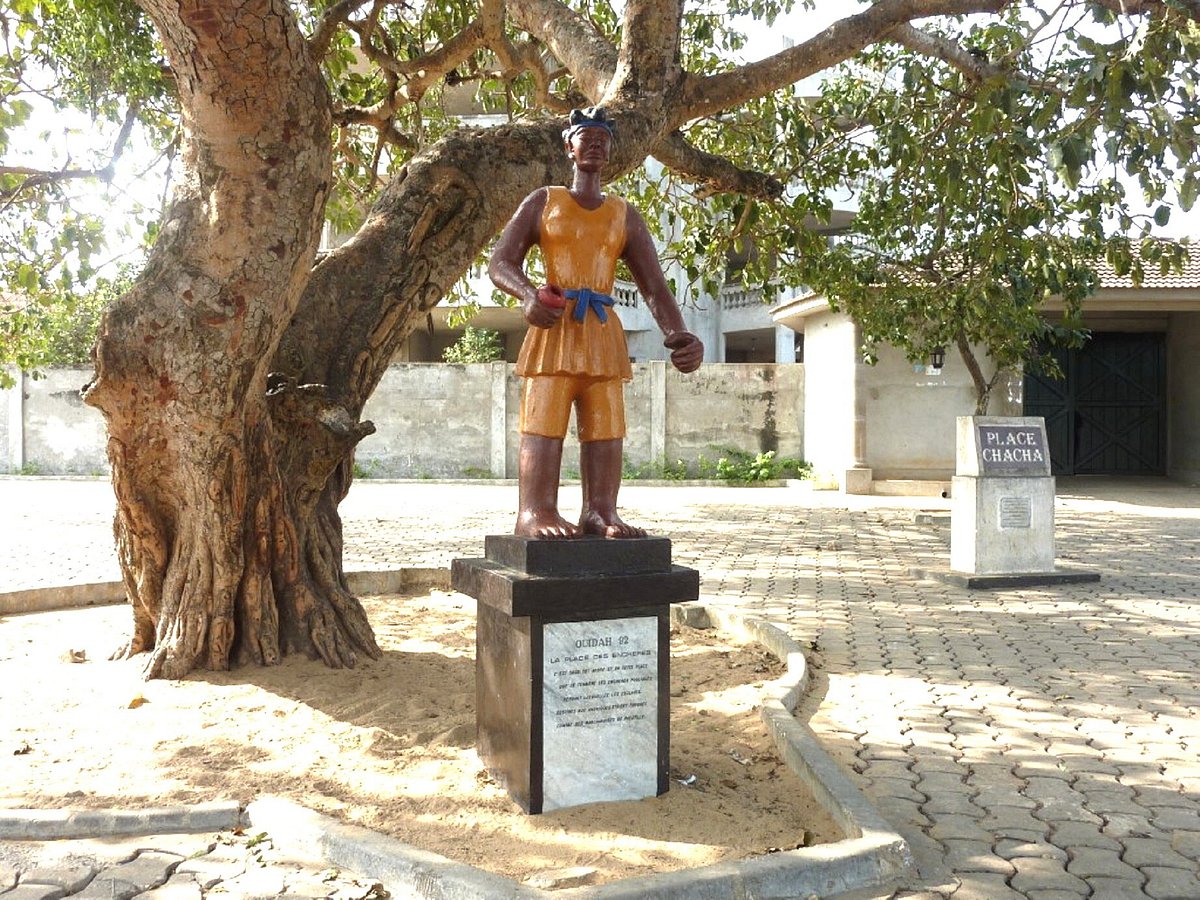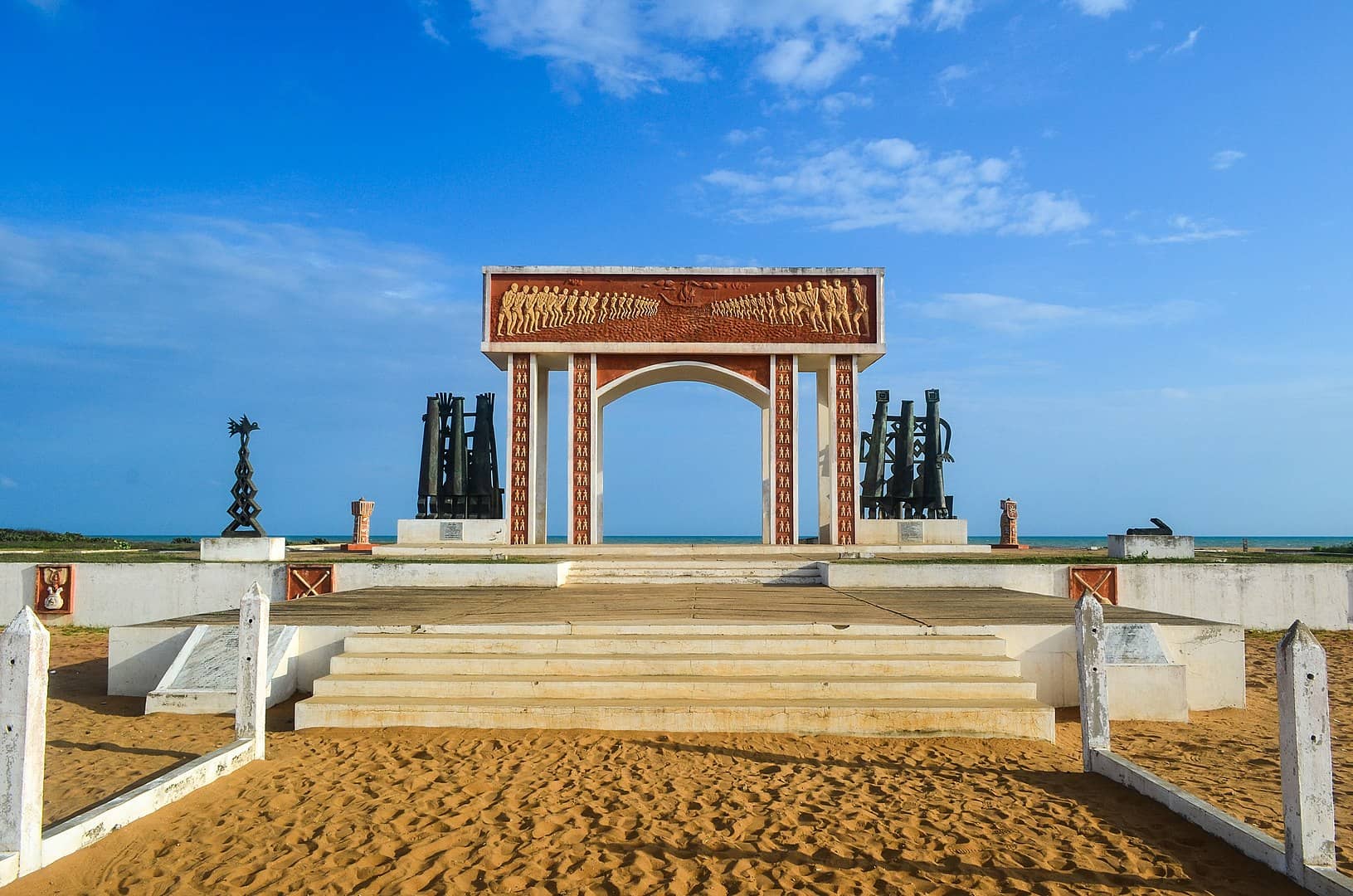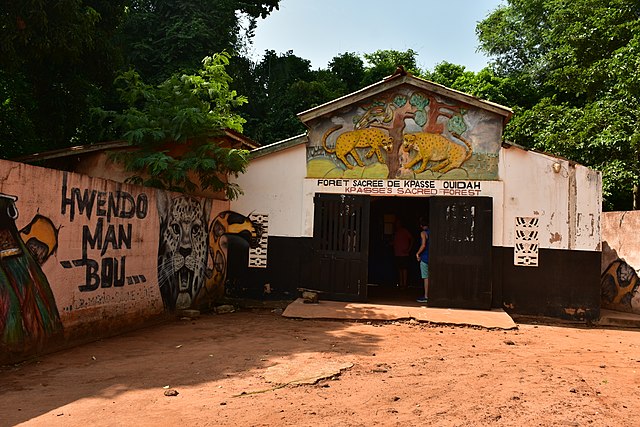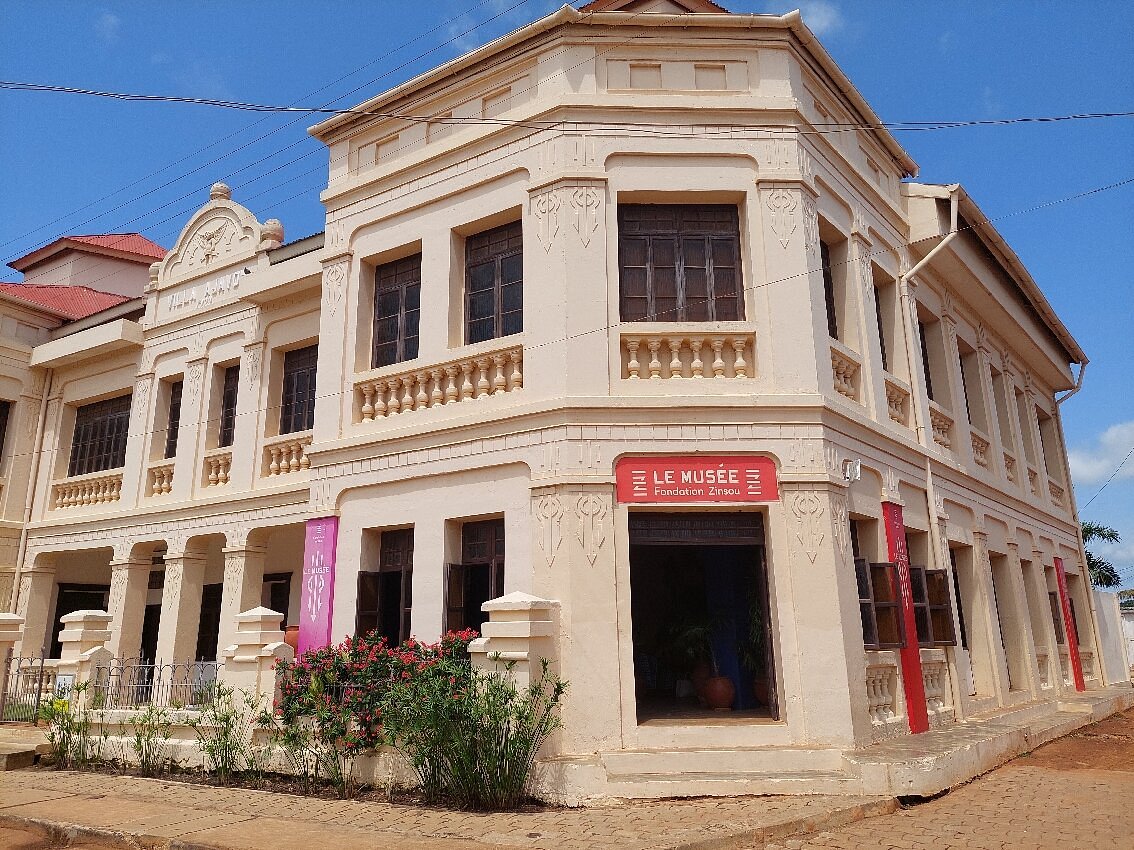Known as In the past, the city of Ouidah known as the "Portuguese Fort", suffered a very painful history. Indeed, the city was founded in 1721 as a fort. It was led by a Portuguese dignitary, the yavoghan (white chief) João Baptista de Ajudá. It is hard to believe that at that distant time, the commune of Ouidah served as one of the suppliers of slaves to Western countries around the world. However, the duty to carry out and guarantee the slave market in this place was entrusted to João Baptista by order of the King of Portugal. Consequently, the white chief managed all commercial relations between the kingdom of Abomey and the European slave traders. After years of slave trade, several million black Africans were exiled through the slave trade. An act accomplished between the kings of Abomey and Western organizations: the Americas, Portugal, Denmark, France, etc. Tactically, the fort was strongly isolated from the kingdom of Abomey (current Benin) with the sole aim of guaranteeing the monopoly of the king of Portugal. A few years later, under the authority of King Agadja (5th King of Abomey), the slave trade became an imposed duty of the King of Portugal. The city of Ouidah was therefore created in an agony that lasted for at least a century. Some populations are still at odds with other ethnic groups in the country, only because of the conspiracy organized by the kings of Abomey All the western forts (Danish, French, Portuguese) and the slave pen of the English trading post are still there today. Even if Ouidah is the victim of an atrocious past, this history qualifies it as one of the richest Benin cities in terms of historical stories. These unfortunate anecdotes have greatly aroused the curiosity of tourists from all over the world. As a result, many tourists come there every year to discover the traces left by slave traders. In addition to the melancholy history of the city, Ouidah is also recognized for its magnificent historical monuments such as: the temple of the pythons, the contemporary art museum Fondation Zinsou, the sacred forest of Kpassè and the slave route.
For lovers of black African culture, Ouidah is an ideal choice as a destination. Immerse yourself in the heart of the voodoo religion by taking a short getaway to the temple of the pythons. Indeed, it is a sacred place for the followers of voodoo, and which is considered as the flagship monument of the city. According to the legend, there was a king who preferred to live in Glexué (house of the fields). This one benefited from the presence of a python, which consequently, preserved its plantation by eating the rodents being in the surroundings. Since then, the python has become both the symbol and the protective animal of the city. This is why the locals dedicate a cult to it every five days by appealing to its divinity.
After passing through the temple of the pythons, straight to the contemporary art museum Fondation Zinsou. The site to discover the socio-cultural works of the city. Indeed, this contemporary art gallery is particularly dedicated to black African culture. Its actions may focus on artistic works, cultural and social aspects of the black race. On the site, you will discover a concentration of works by African artists such as: Cyprien Tokoudagba, George Lilanga, Frédéric Bruly-Bouabré, Samuel Fosso, etc.
Besides this museum of contemporary art, there is also the sacred forest of Kpassè, one of the best preserved heritages of Benin. According to voodoo practitioners, this place holds a lot of mystery and legend about King Kpassè. The story goes that he was reincarnated as an enchanted tree right after his death. Since then, the landscape has attracted countless curious visitors.
If you are passionate about architecture and the Roman apostolic religion, you might as well visit The Basilica of the Immaculate Conception. Certainly, it is the first catholic sanctuary of Ouidah. It was built in 1903 on the initiative of the French Monsignor Louis Dartois. End your journey by passing the slave route which retraces the journey of the slaves before boarding to the door of no return.

